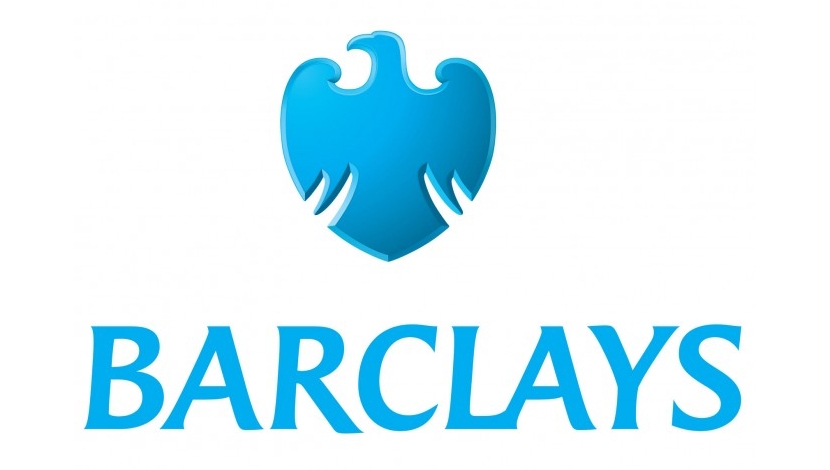

Dangote Group said on Tuesday it was planning to invest over $20 billion (N630.5 billion) and engage over 200,000 more workers in various projects to impact the Nigerian and African economy by 2020. The Group Executive Director, Dangote Group, Mansur Ahmed listed some ongoing and new projects undertaken by the company to realise that objective.
They include a refinery, petrochemical, cement, salt, rice, sugar, tomato processing and gas plants, as well as agricultural projects to promote food security and save foreign exchange. “By the time we finish all the investments in refineries and petrochemical, fertilizer plants, agriculture, and others, the company should be able to increase its labour force to about 250,000 people from the current 15,000, with over $100 million saved from importation of rice, sugar, tomatoes, and $6-$10 million earnings every year from exports of these items.”
Ahmed said the Group, which had about eight million metric tons (MT) of cement production capacity in 2010, has significantly grown the capacity to about 40 million tons per annum. “Our expectation is that by 2020, we will grow to 75 – 80 million MT per annum, not only in Nigeria, but also all over Africa.
To promote food sufficiency and local rice production, Ahmed said Dangote Group would develop about 150,000 hectares of rice production across various states over the next five years. Such investment, he explained, would help the country save over $2 million currently being spent daily on the importation of rice. Other investments include a new crude oil refining plant with a capacity to process 650,000 barrels of crude oil per day, capable of supplying over 150% of the current demand of petroleum products in Nigeria; and a 1.3 MT per annum capacity petrochemical plant for the production of downstream items.
Also, he said the construction of a 2.8 MT per annum capacity fertilizer plant is currently ongoing in Lagos, along with a gas pipeline to convey about three billion standard cubic feet of gas from the South East offshore to Lagos, about three times the volume being distributed currently to Nigerian market.





